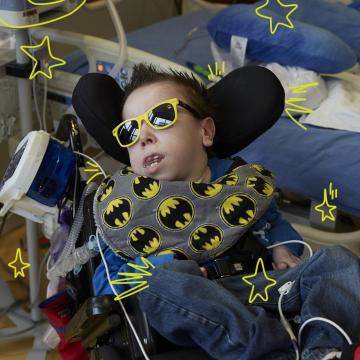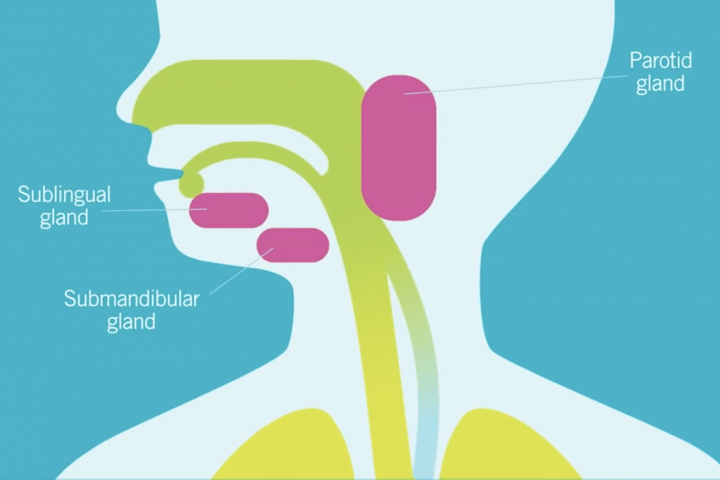
Adopting and maintaining good personal hygiene and self-care habits are important for health, wellness, social acceptance, and the prevention of illness.
Though having cerebral palsy does not cause poor hygiene, physical impairments associated with cerebral palsy can make routine hygiene habits difficult for individuals and their caregivers. This section looks at common hygiene and self-care issues that arise with cerebral palsy and offers insights, tools, and techniques that can help develop and maintain good habits.
-

How important is it to control drooling and other frequently asked questions Drooling is an important problem for many individuals with CP and there are a number of interventions available to treat symptoms. If an individual with CP or their caregiver have concerns about drooling it is important to discuss with a health care provider. Care pathways such as the AACPDM pathway can be a starting point for shared decision making. In all cases, working together as a team is important in choosing the best alternative. Children and adults with CP may have trouble with drooling, or saliva management. In the medical world, drooling is referred to as sialorrhea. Saliva plays an important role in eating but also can interfere with airway clearance and breathing, as well as social participation. When drooling has this kind of impact it becomes important to consider intervention.
-
Expert Videos
Causes of Drooling and Different Treatment Options 
-
Talking with Professionals
What is Chronic Drooling or Sialorrhea and Why is it Important? Many children with cerebral palsy (CP) have difficulty controlling saliva. Drooling varies in severity and can be distressing for the children, families and caregivers. Chronic drooling is referred to...
Many children with cerebral palsy (CP) have difficulty controlling saliva. Drooling varies in severity and can be distressing for the children, families and caregivers.



